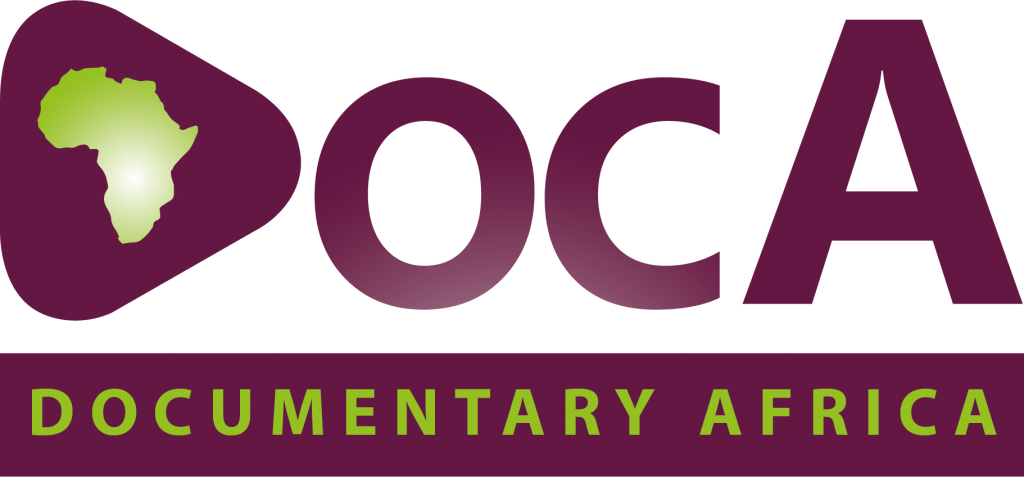Carlos Yuri Ceuninck
DIRECTOR
Carlos Yuri Ceuninck, hails from Santo Antão, Cape Verde. A graduate of cinema studies from EICTV (Escuela Internacional de Cine y Television), Cuba. His first feature length documentary film, The Master’s Plan was recently selected for the Saint-Louis International Documentary Film Festival (SEN) and AFRIFF (NGA, 2021). His second feature length documentary, The New Man, is currently in production. The project has received financial support from DocA, FJCF, WCF and FWB. In 2021 it was also selected with the project in 2021 for the EFM, SDI and Nipkow program.
OMI NOBU (2023)

Where it premiered
FESPACO
What fuels your motivation and passion for storytelling, and what sources or inspirations contribute to this drive?
As long I can remember my passion for storytelling comes from my childhood. My parents used to show me films on betamax cassete. I have memories of our home, living on the island of Boa Vista in Cape Verde, where our living room would transform at night into a small cinema where our neighbours would be there sharing the moment watching films. Living in this island as a child I dreamed of spaces in Sergio Leone’s films, the epic music of Ennio Morricone in those films and also the apprehension of the environments with Hitchcock’s Birds or Spielberg’s Jaws.
In the context of your filmmaking journey, can you identify some of the significant challenges encountered with regards to the story, which may include aspects like characters, filmmaking techniques, safety concerns, your own positionality, various perspectives, lighting, sound, and the editing process?
It was a challenging journey making this film. The main one was the realisation of the ever changing situations in all aspects of documentary filmmaking and the constant adaption to these changes. When I first heard about the existence of Ribeira Funda, the ghost village, and its only inhabitant Quirino Rodrigues a 76 years old man, I felt this man’s story was a symbol of the resilient character of Cape Verdeans, of their constant struggle against a harsh environment which they are also deeply attached to. Years later when I finally had my first meeting with Quirino and was ready to start filming, my original idea was confronted by the hard reality and gave way to the realisation that time had done its work. I no longer found a man capable of surviving alone in a hostile environment, but instead I found a worn out man, in fragile health, weighed down by the burden of loneliness and whose survival was at risk. This changed drastically my perspective of the story and a complete rethinking on how to tell it. The culmination of this unexpected changes happened with the death of Quirino, the main character, just before the end of our planed shooting which again provoked an important change on the structure we want to use at first. The editing process was crucial in confronting us with these challenges and in helping us find a way to tell the story.
From your perspective, how do you define the essence of documentary filmmaking, and in what profound ways has the narrative of your documentary impacted
The experience of making this film had a strong impact on me. On a personal level with the encounter of a man, Quirino, who lived a simple life of human strengths and weakness. On a professional level, making this film was a learning experience into the realisation of a need to be flexible and adaptable in the whole chameleonic process of documentary filmmaking.
